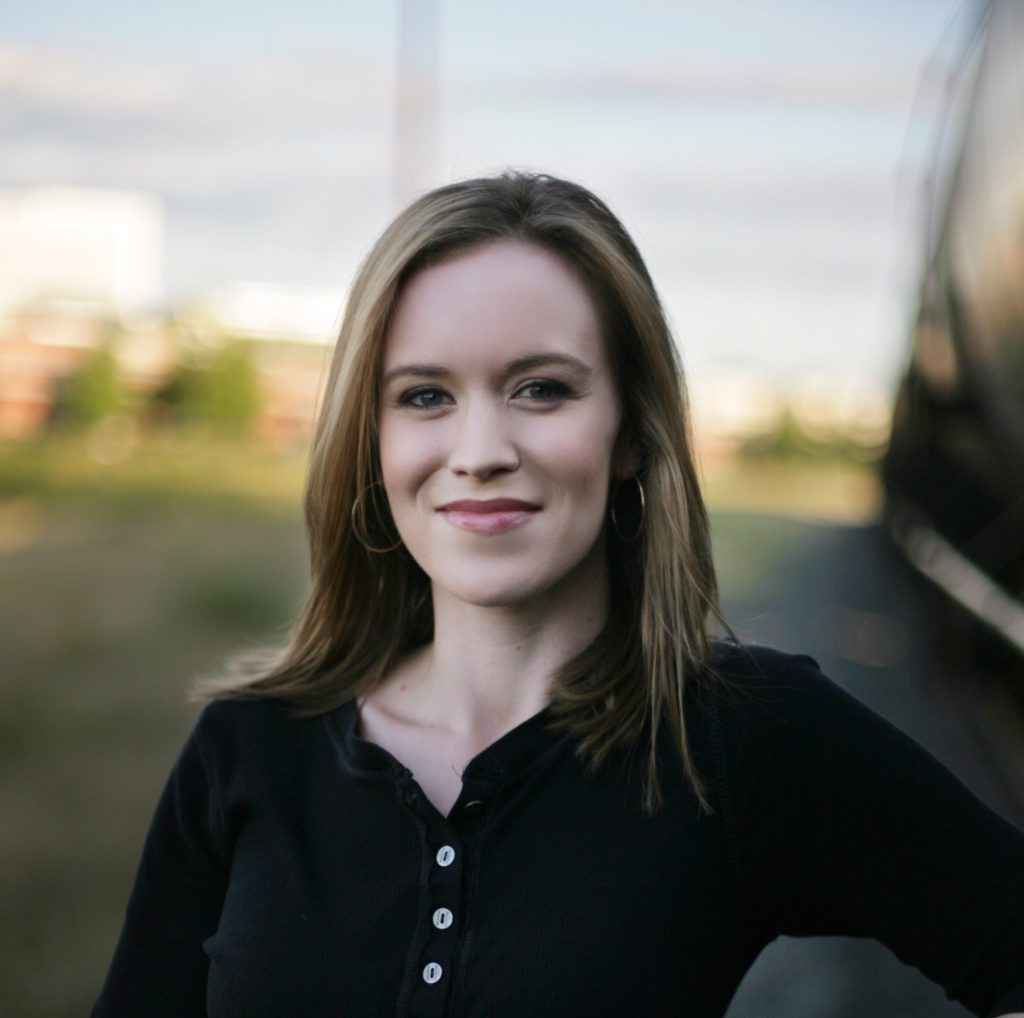
Bronwen Dickey is the author of Pit Bull: The Battle over an American Icon (Alfred A. Knopf, 2016) and a contributing editor at The Oxford American. Her essays and reporting have also appeared in Esquire, POLITICO Magazine, Newsweek, Outside, Men’s Journal, The Virginia Quarterly Review, The New York Times Book Review, The Los Angeles Times, Slate, Garden & Gun, Popular Mechanics, and The San Francisco Chronicle, among other publications. She is the recipient of a MacDowell Artist’s Residency Fellowship, a Hearst Editorial Excellence Award in reporting, a Lowell Thomas Award in travel journalism, and in 2017 she was a finalist for the National Magazine Award in feature writing. She lives in North Carolina, where she teaches journalism at Duke University.
What’s the greatest lesson you’ve learned as a writer?
When I was in college, I thought the point of writing was to impress people with all the big words I knew and all the fancy things I could do on the page. I was always grasping for others’ approval, as though the Big Arrow of Life were pointed in one direction: Toward me. I wanted to be a Writer more than I wanted to write, and that made me miserable.
That’s one of the reasons I prefer to speak about the craft in terms of “skill,” not “talent.” Skill is something you can learn and perfect if you care enough to put in the effort, whereas talent feels slippery and mysterious. The same goes for “work” vs. “inspiration.” If I waited to write until I was “inspired,” I’d never type a single word. But work? That I can show up for, again and again.
Over time, I’ve come to understand that nonfiction storytelling is not a performing art. It’s not about praise or acclaim or literary pyrotechnics. If you think about it that way, you will always feel like a failure. The best writing is not about the writer. It’s an act of generosity. It’s a humble and imperfect gift one person offers another, a way of saying to a bunch of strangers you will probably never meet, “I went out exploring and I learned something incredible. Do you have a second? I’d love to share it with you.” That’s the greatest lesson. That the Big Arrow points the other way.
What has been the biggest surprise of your writing life?
That the work never gets easier. Never, ever, ever. The more you do it, the more possibilities you see in front of you, and that can make you crazy. You just have to show up and plow your acre the best you can.
As I tell my students, every story is a house, but every story doesn’t have to be Versailles or the Taj Mahal. It can be a cozy one-room cabin. Your job, as the architect of the house, is to 1) make sure the roof doesn’t cave in and 2) make it comfortable enough that a stranger might want to spend some time there. That’s it!
If you had to use a metaphor to describe yourself as a writer, what would it be and why?
I’m a dependable, non-judgmental tour guide through the rocky—and occasionally perilous—territory of the subject.
What’s the single best piece of writing advice anyone ever gave you?
“You have to love it. Because if you don’t, the people who love it will kick your ass.” — Chris Jones
“Write what you want to say. The questioning, the changing, the editing…that all comes later.” — my dad